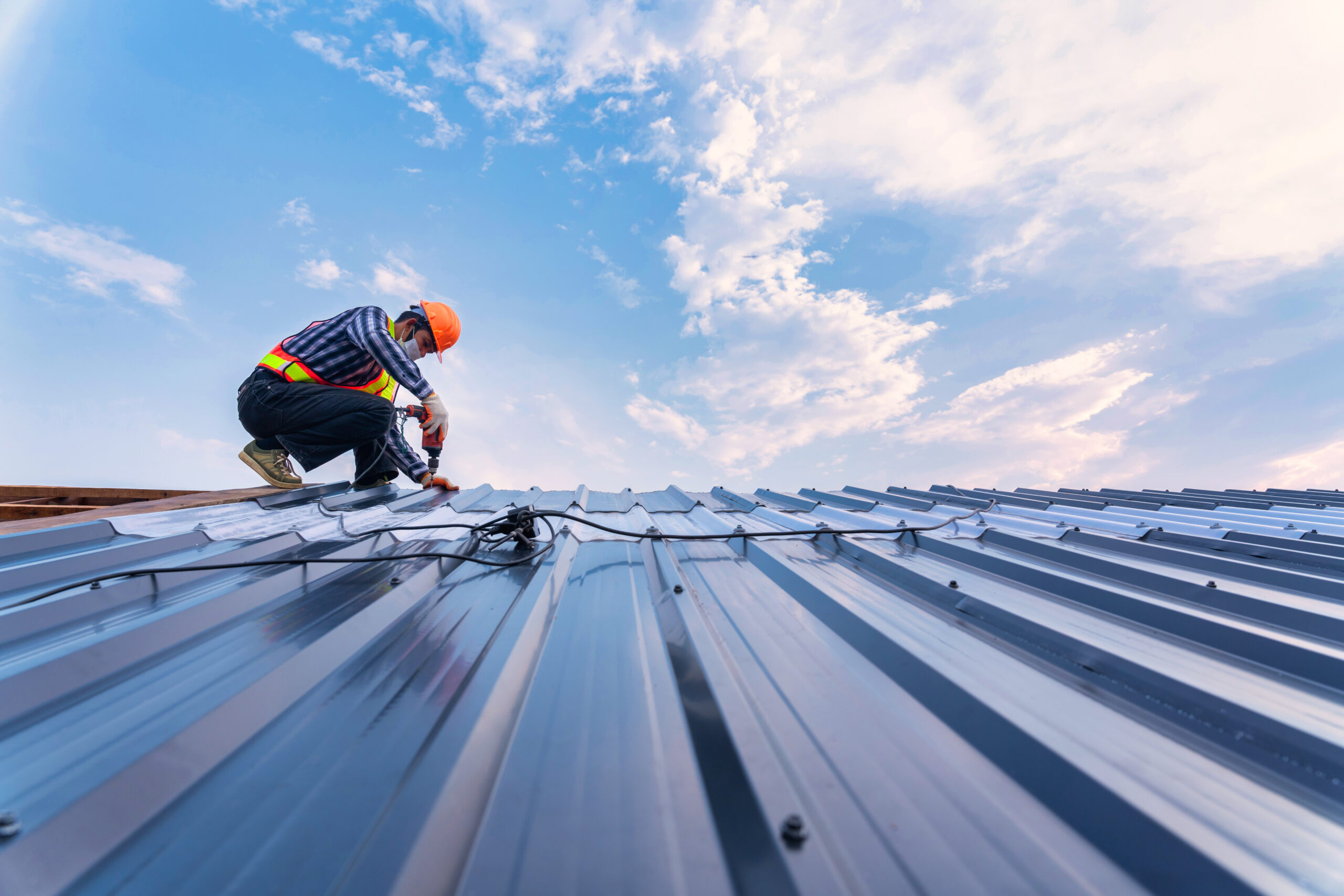

2120 Collier Corporate Parkway
Saint Charles, MO 63303
5130 Boyd Blvd Suite B
Rowlett, TX 75088
Hours: Mon-Fri 7am – 6:30pm

In order to maintain compliance with industry requirements, Bourdeau Contracting can provide you with a free commercial roof inspection.

When you get an inspection it can assist in lowering your roof ownership costs by bringing small issues to your attention before they become serious problems.
The best way to extend the life of your roof is to combine preventative maintenance with appropriate repairs.
Our trained and experienced roofing experts examine the history for insurance claims which will limit your liability.
Our roof inspection services are conducted to examine the condition and quality of the roof membrane, insulation and original structure before commencing a roofing project. We tailor our approach depending on the type, style and material you have for your roof.

Examine roofing system condition
Look for water stains, visible damage from hail, dry rot, etc.
Make sure drains are not clogged
Note presence of debris, dirt, vegetation, etc.
Test for proper drainage
Inspect roof-based accessories and equipment
Roof condition and remaining useful life
Building envelope inspection

A layer of gravel protects the main membrane of a built-up roofing system. We check areas where the gravel has thinned out and exposed the vulnerable layer underneath. If there are parts of the membrane that have been exposed, they will also be checked for signs of degradation and patched up accordingly. Adhesion points will also be thoroughly inspected to ensure their strength.

These inspections are in-depth, and we not only perform visual inspection but take core samples and facility measurements as well.

The only vulnerable points of single-ply commercial roofing are at its seams where two or more membranes meet. Overall, the general quality of a single-ply roof rarely degrades. Frequent maintenance is often not needed.

The asphalt granules are the primary UV protection layer of a modified bitumen roofing system. The inspection methods for this type of roof is generally similar to BURs, however, instead of checking the gravel, we check the integrity of the granules themselves, addressing any areas where water has pooled to avoid future problems
Deck, Insulation, Membrane Condition
Base Flashing Condition
Metal Edge Condition
Wall Coping Condition
Drains, Gutter Condition
Wall Surfaces Condition
Roof Slope
Drainage Method and Standing Water
If Additional Drains/Gutters Needed
Approximate life expectancy of roof
Overall performance of roof
Installation issues
Required repairs
Conditions for roof maintenance
Possible need for full replacement of roof
Technical specifications of assessment
After a survey is completed, we send you a report that includes condition observations and conclusions with recommendations outlining options to fit a range of budgets.
Regular inspections and repairs cost far less than a major roof repair or replacement, and your business can remain open during these visits.s.
We can make repairs on any items that need attention, and they can also bolster any weak points to prevent future damage.
Problem areas left over time can turn into major issues.
Small holes or openings in your roof can become a home for rodents and other small animals as they look for the warmth or protection of your building. Openings also create a place for water to flow, resulting in leaks that can affect day-to-day business.
Standing water becomes a haven for mold to grow, and unfortunately, mold infestations are notoriously hard to eradicate. This also creates a dangerous health environment for your employees and customers.
Hiring a mold removal company or partially replacing your roof costs significantly more than having the roof inspected twice a year.
Aside from regularly scheduled maintenance, it’s also a good idea to inspect after a major weather event.
Extreme weather is your roof’s worst enemy. Since your roof is the first line of defense, it experiences the brunt of wind and rain. Strong winds will tear at the roofing materials, while debris can blow onto the roof.
Rain will pool if the drains are not clear, and overflowing or standing water can seep into the building (where it should not be).
Hail can crack or puncture your roof, while extremely warm temperatures can cause your roof materials to expand and crack.
Following any of the above-mentioned weather events, inspections can help locate issues from the storm or just give you peace of mind!
Call us at (636) 896-4169, (972) 463-7600